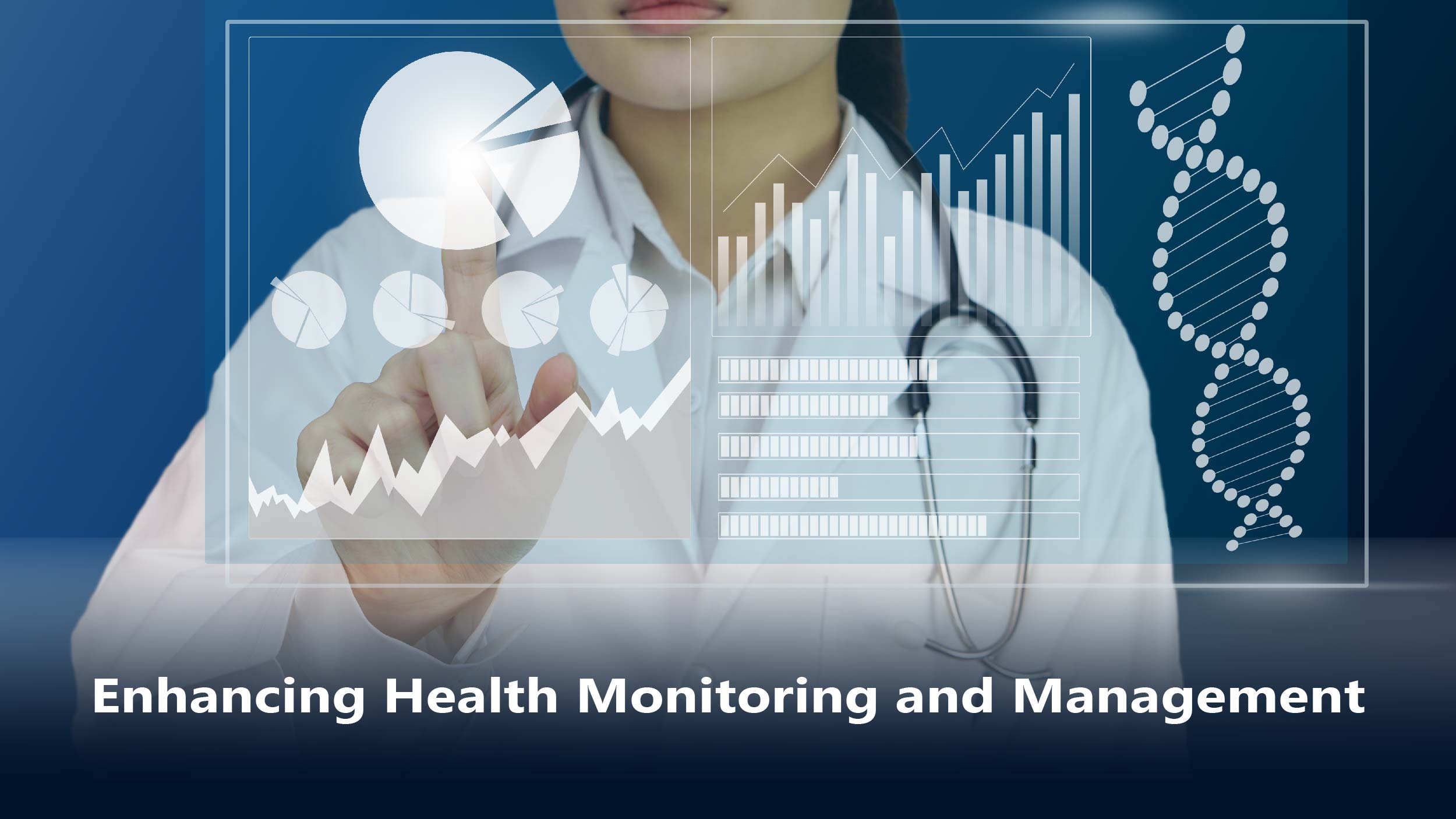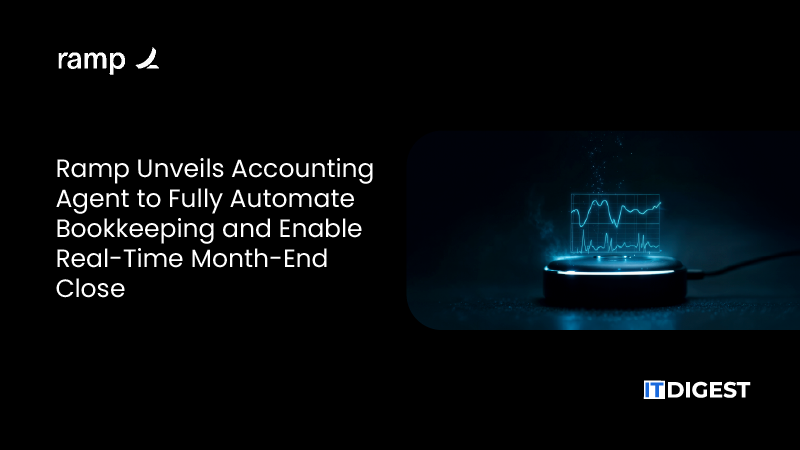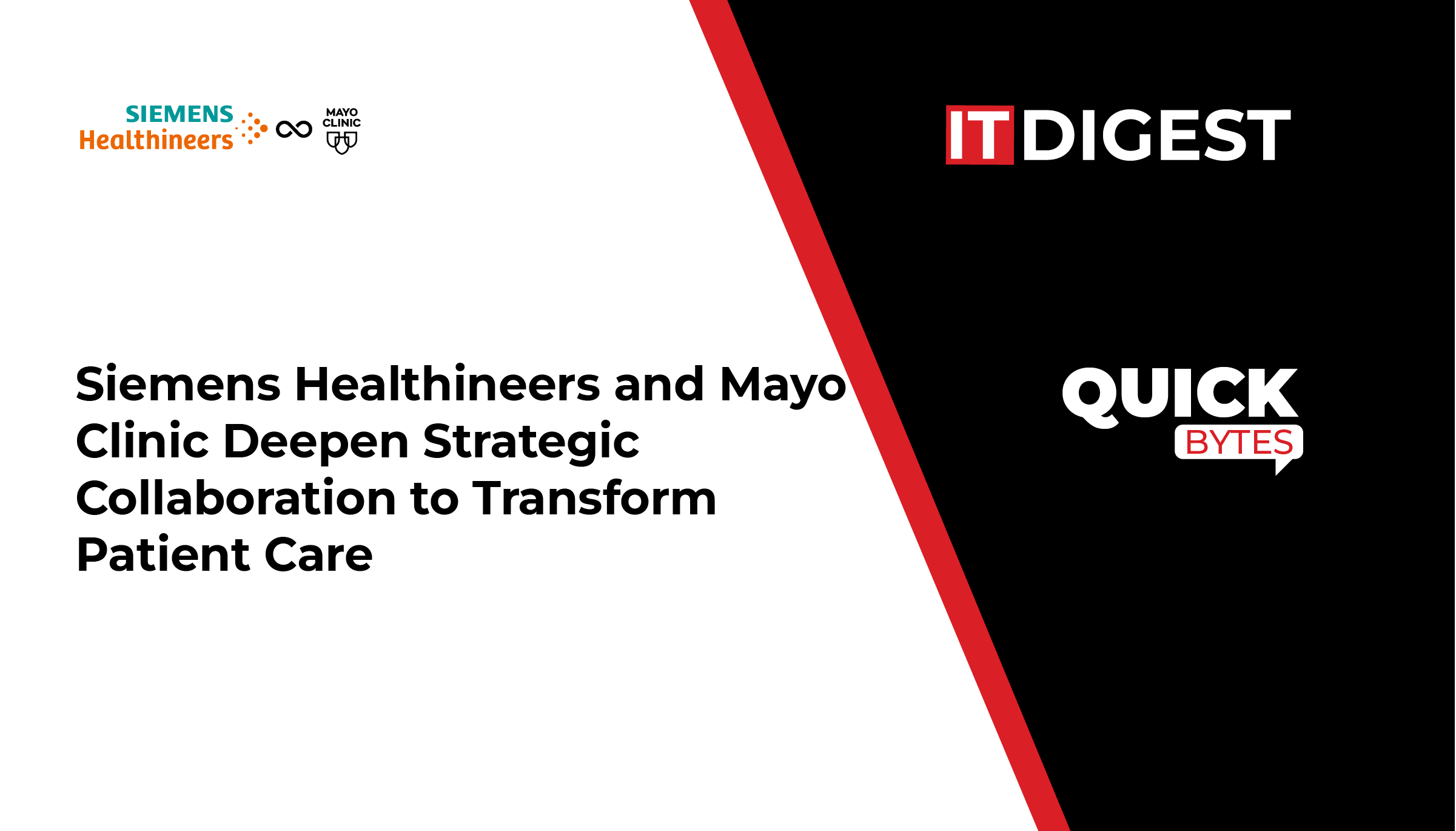Technology and big data are swiftly reshaping every aspect of our lives and the healthcare sector is undergoing the same transformation. Have you ever considered how advancements in business analytics in healthcare contribute to improving medical research and enhancing patient care posttreatment? In our fast-changing world, technology and big data play a crucial role in reshaping various facets of our daily routines. Ever thought about how business analytics in healthcare pave the way for better medical research outcomes and improved patient recovery experiences?
This is exactly what we will be decoding in this blog, so let’s delve in.
What is Business Analytics in Healthcare?
Business analytics in healthcare applies data analysis and insights to enhance decision-making, patient outcomes, and operational efficiency in the healthcare sector. This approach enables healthcare systems to make strategic decisions, detect diseases earlier, improve patient outcomes, and manage disease spread effectively. Furthermore, business analytics drives transformation in healthcare operations, including staffing optimization, personalized care, and equitable health outcomes. Through data utilization, healthcare organizations can make informed decisions about patient care, treatment, and resource allocation, leading to enhanced care quality and operational efficiency.
Also Read: Is The Healthcare Analytics Platform the Future of Healthcare?
How is Business Analytics Used in Healthcare?
 Business analytics in healthcare work by assisting professionals to make better decisions, improve patient care, and streamline operations. One key application is using decision-support dashboards, which offer insights for clinical, managerial, and operational decisions through visualizations. These tools help hospitals track performance metrics like emergency department efficiency, allowing them to adjust staffing and operations for better results.
Business analytics in healthcare work by assisting professionals to make better decisions, improve patient care, and streamline operations. One key application is using decision-support dashboards, which offer insights for clinical, managerial, and operational decisions through visualizations. These tools help hospitals track performance metrics like emergency department efficiency, allowing them to adjust staffing and operations for better results.
Additionally, analytics can revolutionize healthcare by cutting costs, boosting care quality, and improving delivery. By analyzing data, healthcare workers can enhance various aspects of operations, leading to better care and cost control. Moreover, data analytics can predict trends, enhance outreach, and manage disease spread, making healthcare management more effective and proactive. Overall, integrating business analytics promises to transform healthcare by guiding decisions, enhancing care, and streamlining processes.
5 Ways Business Analytics Is Used to Transform the Healthcare Industry
Now that we have a fair idea about healthcare business analytics, let’s see exactly how they can help reshape the medical field.
Advancements in Medicine Development
The integration of business analytics in healthcare has revolutionized the pharmaceutical industry, enhancing various aspects of operations and decision-making. Robust data analysis not only streamlines processes and boosts profits but also accelerates research efforts in medication development. This increased efficiency translates to reduced research hours and ultimately lower medication costs. Additionally, predictive modeling enables researchers to assess drug toxicity, interactions, and efficacy without the need for extensive physical testing on plants or animals.
These improvements extend beyond the realm of pharmaceutical companies and researchers, directly benefiting patients in need of critical medical treatments. The integration of business analytics in healthcare not only enhances financial performance but also significantly enhances patient care, ultimately contributing to the relief of human suffering.
Enhancing Health Monitoring and Management
 Business analytics has empowered individuals and healthcare providers alike to effectively monitor and improve health and wellness. Technologies such as smartwatches and mobile applications enable patients to take control of their health by tracking essential metrics like sleep patterns, hydration levels, and physical activity. Studies have indicated that the utilization of health apps and wearable devices could potentially save billions of dollars annually within the U.S. healthcare system.
Business analytics has empowered individuals and healthcare providers alike to effectively monitor and improve health and wellness. Technologies such as smartwatches and mobile applications enable patients to take control of their health by tracking essential metrics like sleep patterns, hydration levels, and physical activity. Studies have indicated that the utilization of health apps and wearable devices could potentially save billions of dollars annually within the U.S. healthcare system.
Furthermore, these technologies facilitate seamless communication between patients and healthcare providers, allowing for the continuous exchange of health and wellness data. This enhanced collaboration promotes patient engagement, improves personalized care, and strengthens the patient-provider relationship. As patients actively share their health data, they are more likely to experience better health outcomes, leading to reduced healthcare costs and overall improvements in public health.
Improving Post-Treatment Care
Through the analysis of big data and business analytics, health plans can effectively identify and categorize patients based on their health profiles. Research indicates that high-risk patients often struggle with post-treatment adherence, leading to potential complications or readmissions. By leveraging insights derived from data analysis, healthcare providers can implement targeted interventions and education initiatives to encourage patient compliance with treatment plans.
Adherence to prescribed medications and follow-up appointments significantly reduces the likelihood of hospital readmissions and complications, ultimately enhancing patients’ quality of life while reducing healthcare costs. These efficiencies, facilitated by business analytics, result in clearer treatment plans and better patient outcomes across the healthcare system.
Preventing Unnecessary Medical Interventions
Business analytics plays a crucial role in facilitating shared patient records, enabling healthcare providers to access comprehensive medical histories and treatment records. This shared information enhances diagnostic accuracy and enables providers to propose tailored treatment plans based on prior interventions. By avoiding unnecessary medical interventions and repetitive tests, patients receive more effective and efficient care, reducing reliance on emergency services and improving overall healthcare system efficiency.
Predicting and Detecting Diseases
The integration of big data and business analytics in healthcare enables predictive modeling and early disease detection by analyzing vast amounts of health data. Through machine learning algorithms and statistical analyses, researchers can identify predictive markers for various diseases, including opioid abuse, heart diseases, cancer, and neurodegenerative disorders like Alzheimer’s disease. Insights gleaned from data analysis have significantly improved disease diagnosis and prediction across a range of conditions, ultimately enhancing patient outcomes and healthcare system efficiency.
The integration of business analytics in healthcare is transforming the industry by enhancing medication development, improving health monitoring, optimizing post-treatment care, preventing unnecessary interventions, and enabling early disease prediction and detection. As technology continues to advance, the potential for business analytics to drive further innovation and improvements in healthcare is vast and promising.
Winding Up
Business analytics in healthcare is like a bright lighthouse guiding ships through stormy seas. It shows the way to smoother operations, personalized care, and fair health results. Even though we have to deal with problems like keeping data private and avoiding unfairness, the chance for better patient care and more efficient healthcare is clear. As business analytics becomes more important in healthcare, it’s crucial to educate and train people in this field.


































